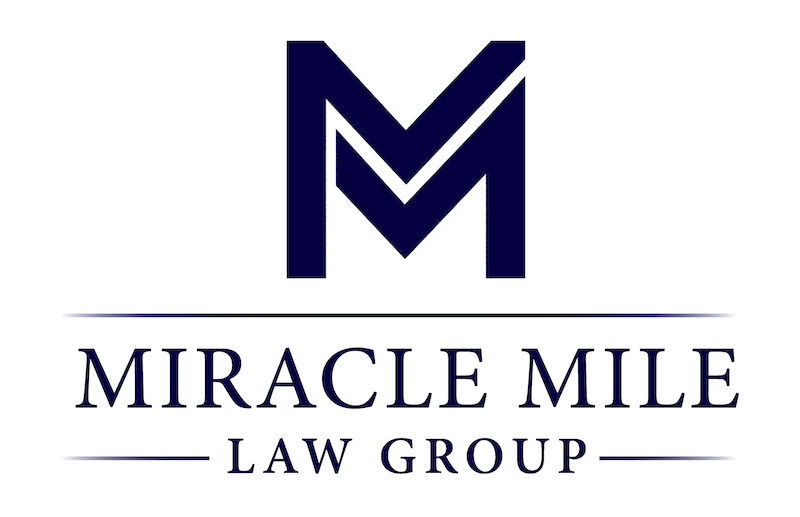Defined Benefit
What does Defined Benefit mean?
Defined benefit plans are retirement or pension plans which are sponsored by an employer. Defined benefit plans offer pre-determined, defined pension payment at retirement. The amount is calculated based on a formula which considers the employee's history of service, age, and earnings history. The benefit payout is based exclusively on the benefit formula and does not fluctuate due to investment returns.
Defined benefit plans have also traditionally been funded by the employer. In fact, often corporations have offered defined benefit plan pensions as a means for compensating the worker, often instead of large pay increases.
History of the Defined Benefit Plan
The first defined benefit pension plans were offered to American workers over 100 years ago by the American Express Company. The goal of the defined benefit plan was to offer a retirement plan which would give employees a greater retirement benefit than other retirement strategies.
Employers had the responsibility not only to absorb the market fluctuations but also to make retirement decisions for the employee. The argument was that employers and corporations had greater resources and more time to invest, thereby increasing their ability to absorb wide market fluctuations over various market cycles.
Unfortunately, issues can arise if a corporation does not manage plan deficits. In some cases companies have underfunded their pension plans and have not able to meet the obligations of their pensions.
Decline of Defined Benefit Plans
Over the last twenty years companies have moved away from defined benefit plans. Defined benefit pension plans, which are based on employees' years of service and employees' salary during their last years of employment, have almost entirely been replaced by hybrid plans.
For instance, in 1985, nearly 90 percent of Fortune 100 companies had defined pension benefit plans. Now, less than 14 do. Instead, employers generally offer defined contribution plans to new salaried employees. In fact, defined contribution plans are now offered by 70 percent of the Fortune 100 companies.
Related Pages
Lawyers near
Term of the Day
Medical evidence
Medical evidence is information gathered by the SSA from a claimant\'s treating sources.Category: Disability





